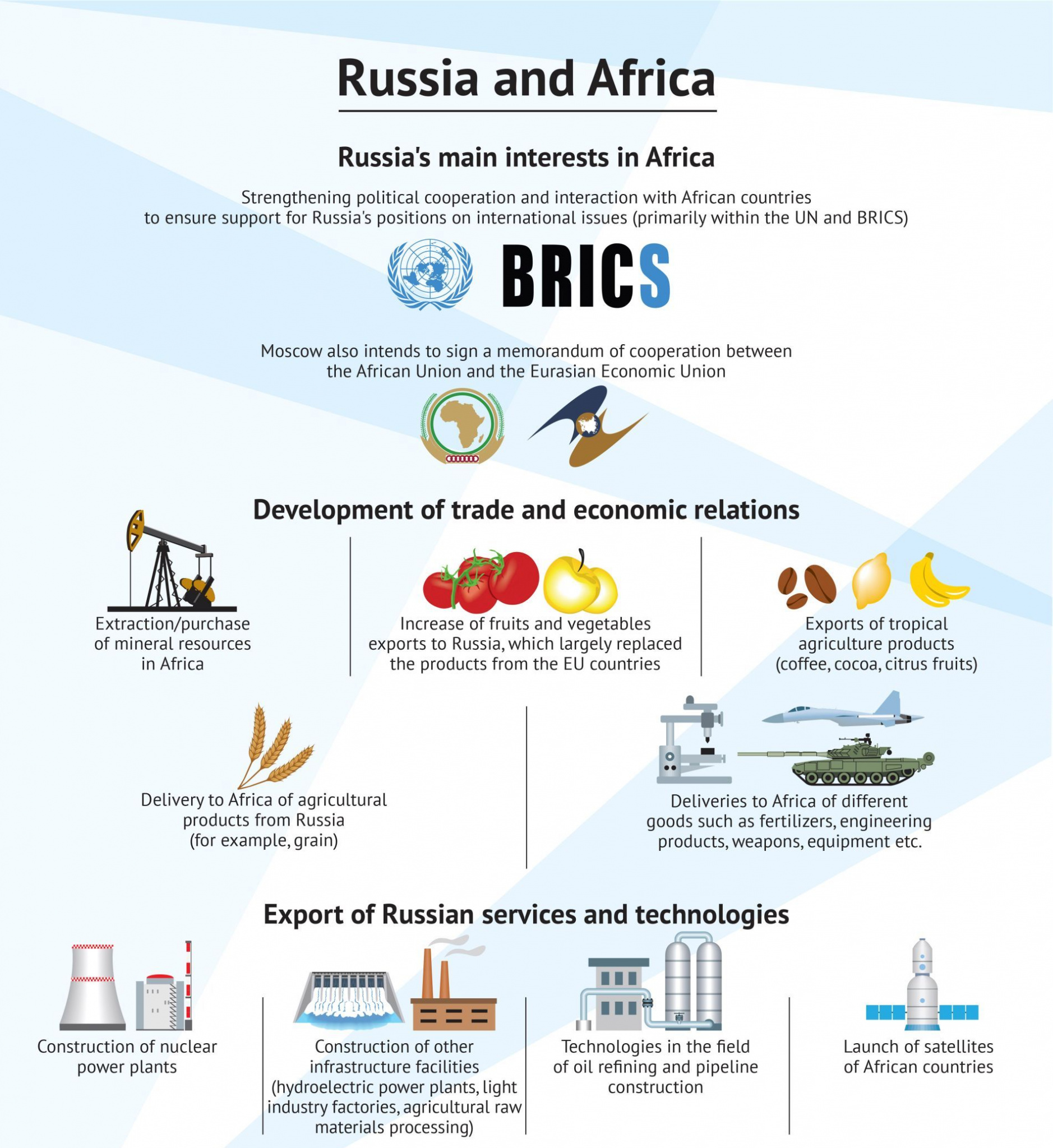Russia is ready to actively expand, strengthen and solidify a dialogue with African partners, both with respect to general international issues and on various aspects of bilateral relations, writes Nathalia Zaiser, Board Chair and Founder of the Africa Business Initiative Union, who spoke at the special session “Africa: Prospects, Opportunities, Risks, Threats” at the 16th Annual meeting of the Valdai Discussion Club.
 In the framework of the agenda of the 16th Annual meeting of the Valdai Discussion Club, which is dedicated this year to “The Dawn of the East and the World Political Order”, the African vector remains important.
In the framework of the agenda of the 16th Annual meeting of the Valdai Discussion Club, which is dedicated this year to “The Dawn of the East and the World Political Order”, the African vector remains important.
Against the background of paradigmatic geopolitical and geo-economic changes taking place, the countries of the African continent will play the role of peculiar diversifiers of these processes, in which the social aspect will be a significant component. Amid global population and economic growth, Africa is literally absorbing all the technological transformations and innovations that are flourishing in the world.
Africa is becoming a community of decision makers. These decisions, at times, are significantly different from the clichés which have historically been imposed on the continent.
Africa, with all its turbulence and hotbeds of tension in a number of countries (especially in the Maghreb region), is confidently moving towards supporting and strengthening the sovereignty of its countries and the sustainable development of its society.
Russia's current foreign economic agenda reflects a new stage in Russian-African relations, which it considers a high priority. Now the political arena and the geopolitical situation as a whole, more than ever, dictate the need to create more “complex” relations with countries that remain loyal, friendly and open for cooperation with Russia. Moscow seeks partnerships with nations that are removed from the polarisation which has come to underscore international relations.
Russia is ready to actively expand, strengthen and solidify a dialogue with its African partners, both with respect to general international issues and on various aspects of bilateral relations, including the development of equal and mutually beneficial strategic cooperation on trade and the economic, technological, humanitarian, cultural, social and other spheres. In the wake of the extremely thoughtful attitude of African leaders, who for the most part support and share views similar to the leadership of our country on foreign policy and international economic cooperation, it is becoming especially important to develop and reinforce our "turn" towards the African continent with real actions.




